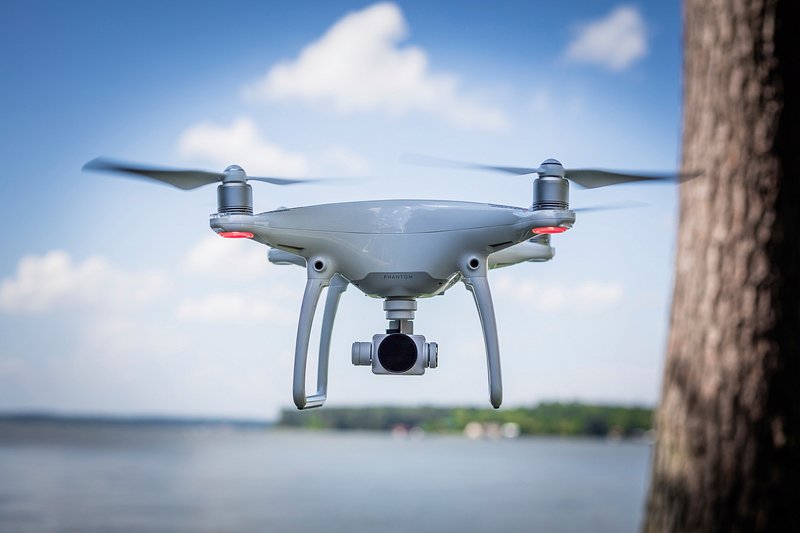Russia Spying US Military Ops in Germany
By Asmita - Aug 29, 2025
Russia has deployed reconnaissance drones to spy on U.S. military operations in Germany, focusing on transport routes for military supplies in Thuringia. The surveillance aims to gather intelligence on arms manufacturers and logistics for potential sabotage against Ukrainian support. This espionage is part of a broader campaign involving sabotage across Europe, though recent reports show a decline in such activities due to improved security measures. German authorities have increased security and made arrests related to sabotage plots, reflecting NATO's heightened concern about Russian threats to military logistics in Europe.

Spy Drone via Rawpixel.com
,[object Object], has been covertly deploying reconnaissance drones to spy on ,[object Object], in Germany, specifically targeting the routes used for transporting military supplies through eastern Germany. These drone flights are concentrated in the German state of Thuringia, an area critical for the movement of weapons and logistics destined for ,[object Object], amid ongoing conflict. Western military officials believe these surveillance efforts are designed to gather intelligence on arms manufacturers and delivery methods, which could aid Moscow in planning sabotage or other disruptive actions against military supply lines supporting ,Ukraine,. Some of the drones are believed to have been manufactured in Iran and possibly launched from ships in the Baltic Sea, making the espionage operation highly sophisticated and multi-faceted.
Aside from drone surveillance, the broader Russian campaign includes sabotage and covert operations across Europe aimed at disrupting military support to ,Ukraine,. This campaign has involved incidents such as warehouse fires in the United Kingdom, attacks on infrastructure like dams in Norway, and efforts to sever underwater communication cables in the Baltic Sea. While sabotage attempts peaked in 2024, recent intelligence reports indicate a significant decline in these activities in 2025, attributed to enhanced security measures and coordinated efforts of U.S. and European intelligence agencies to detect and prevent these threats. Nonetheless, the threat remains active, as Russian intelligence continues to recruit operatives within Europe to carry out sabotage, maintaining pressure on Western military logistics.
In response to these threats, German authorities have heightened security and intelligence operations, leading to arrests linked to sabotage plots. For example, three individuals with ties to ,Russia, were detained in Germany and Switzerland in May for alleged plans to attack logistics infrastructure critical to military and commercial freight. German intelligence agencies are also developing counter-drone systems to counteract UAV activity near military and strategic sites. These developments underscore the elevated concern across ,[object Object], about the risk posed by Russian espionage and sabotage amid the ongoing conflict in ,Ukraine,, highlighting the need for robust defensive measures on European soil.
This espionage and sabotage campaign by ,Russia, reflects a strategic effort to weaken Western support to ,Ukraine, by directly targeting military supply chains and infrastructure. The use of surveillance drones complements other hybrid warfare tactics employed by Moscow, blending intelligence gathering with covert attacks to gain an advantage in the broader conflict. Although some progress has been made in countering these operations through increased vigilance and technology, the continued drone flights and recruitment of saboteurs reveal an ongoing security challenge for the United States and its European allies, with significant implications for the military dynamics in the region.


